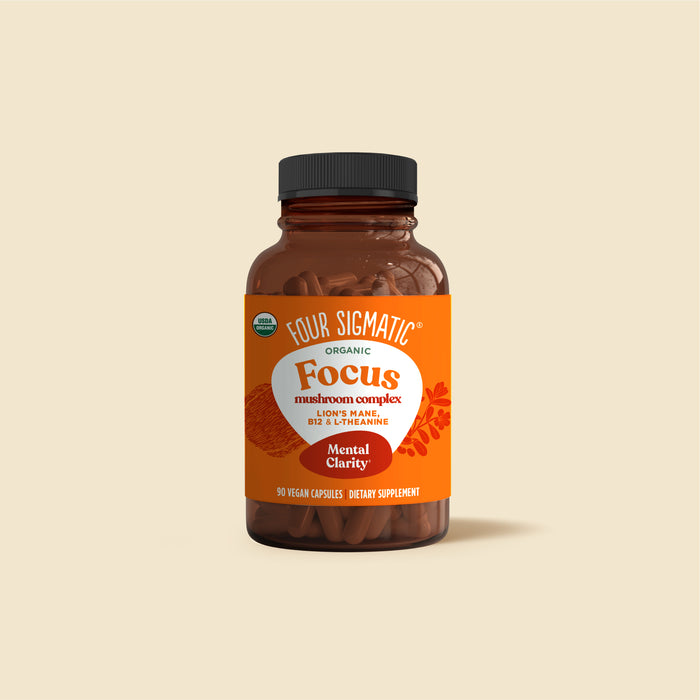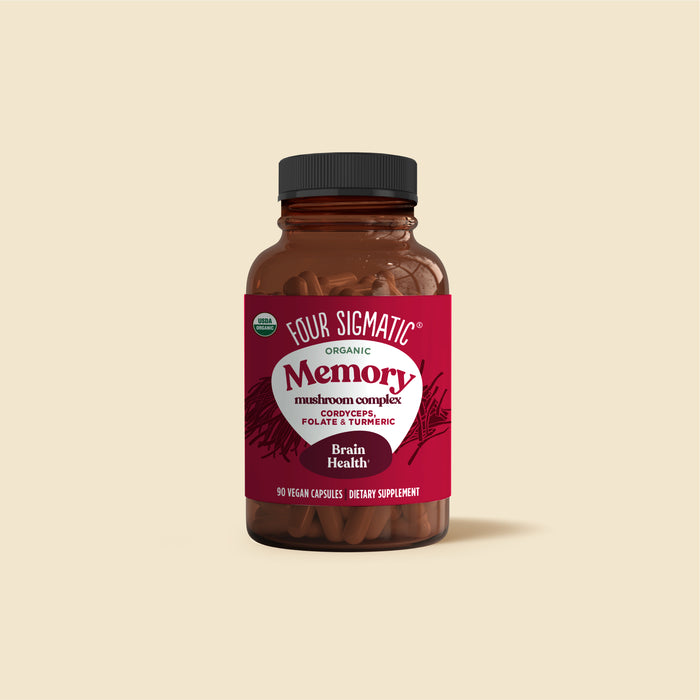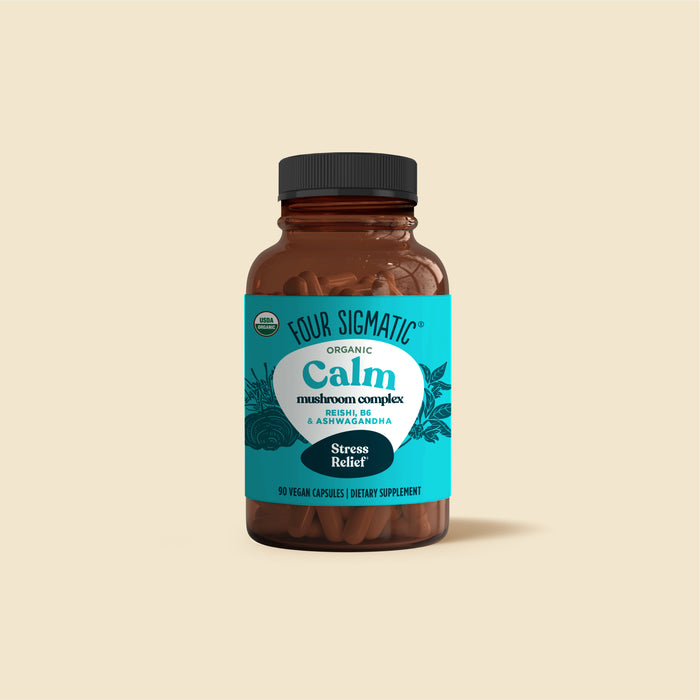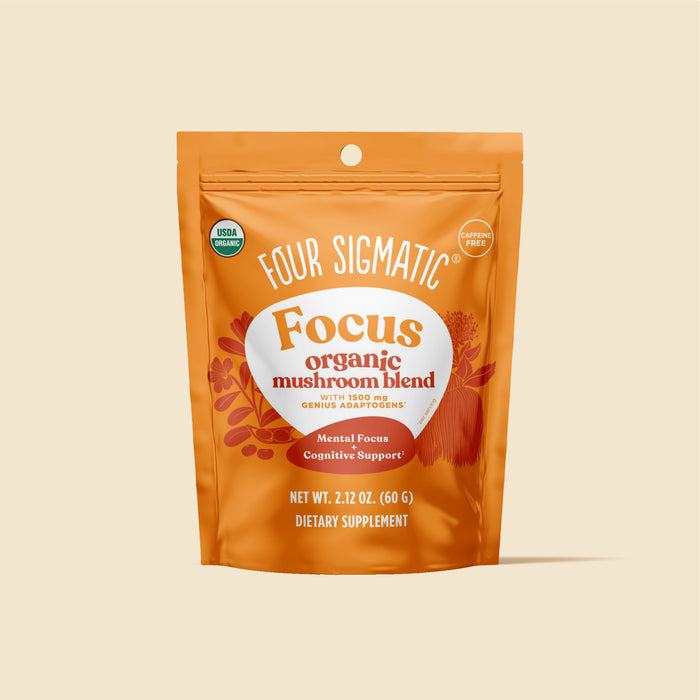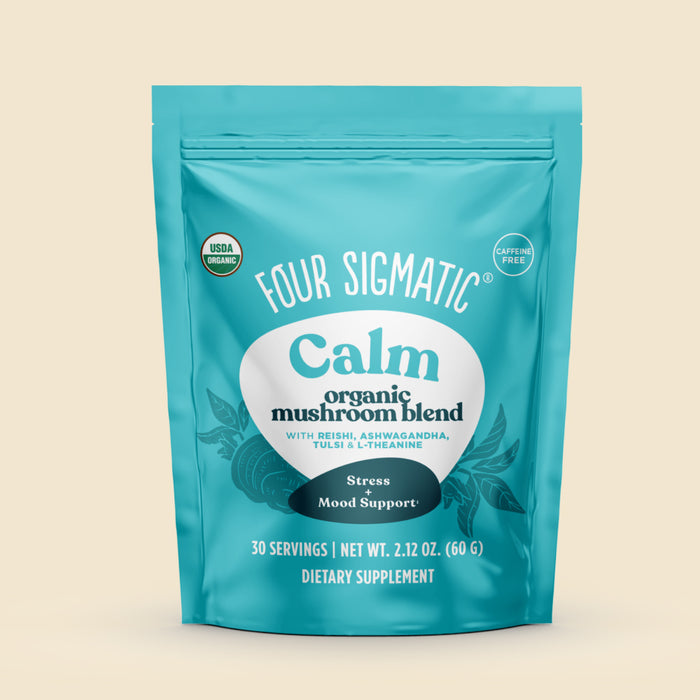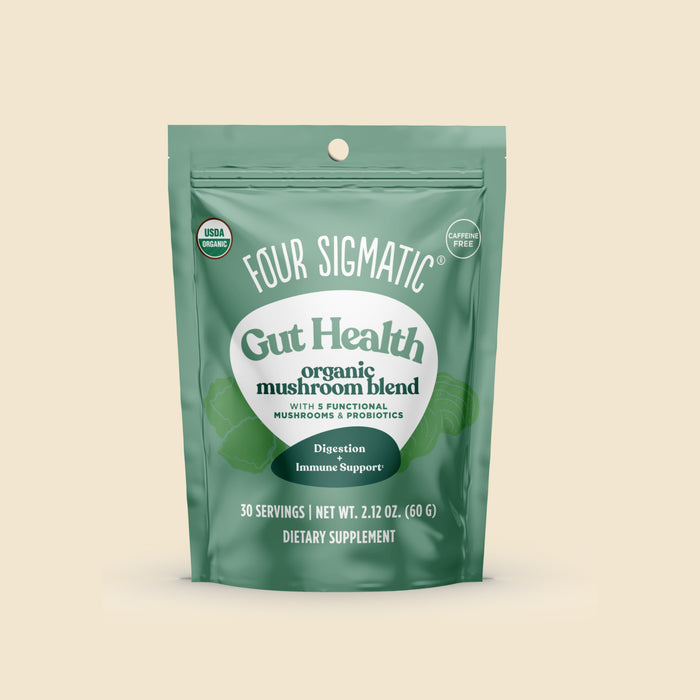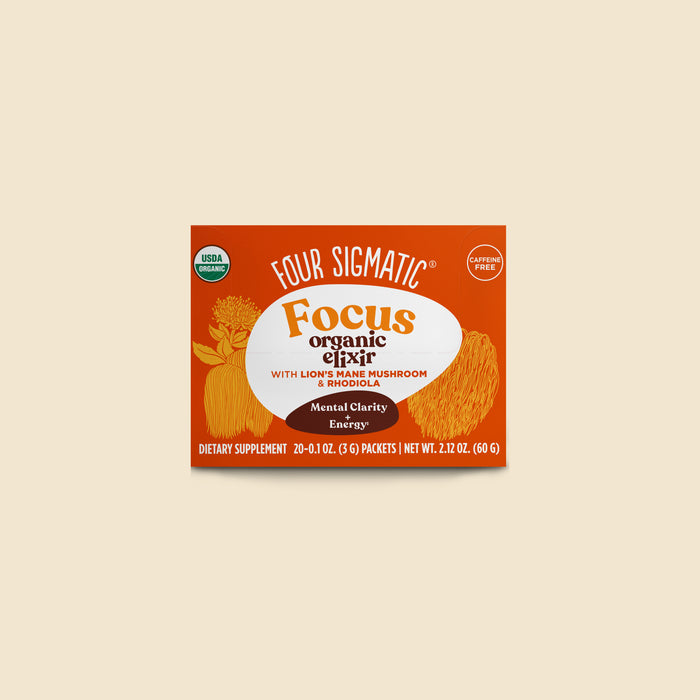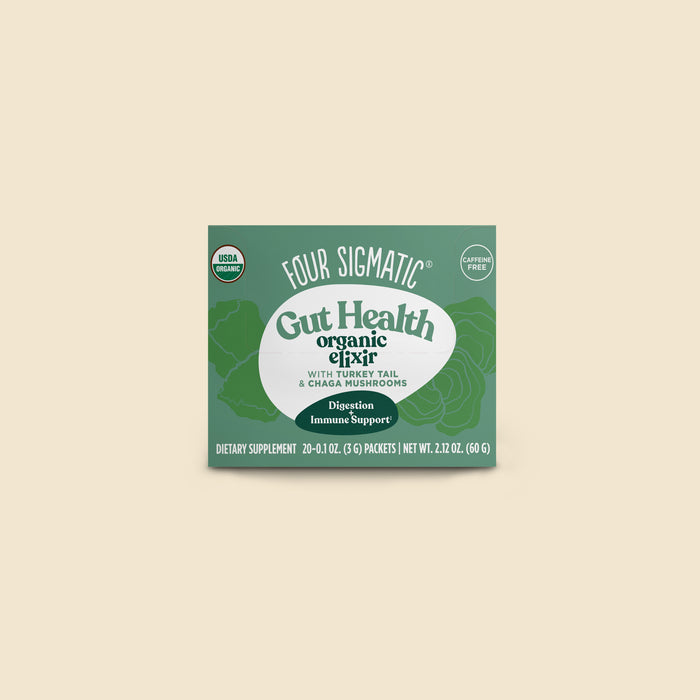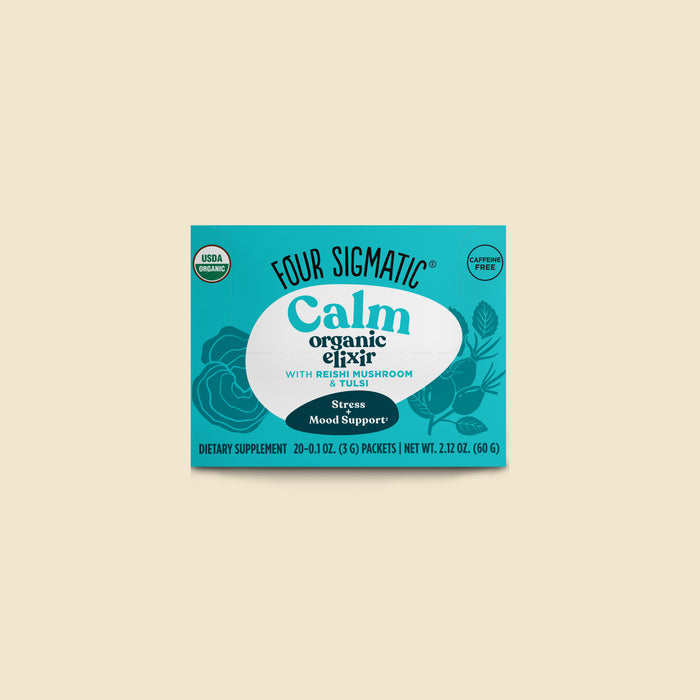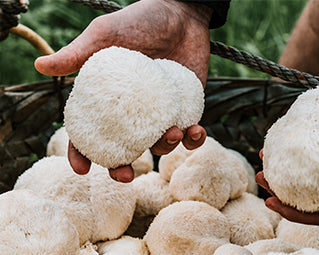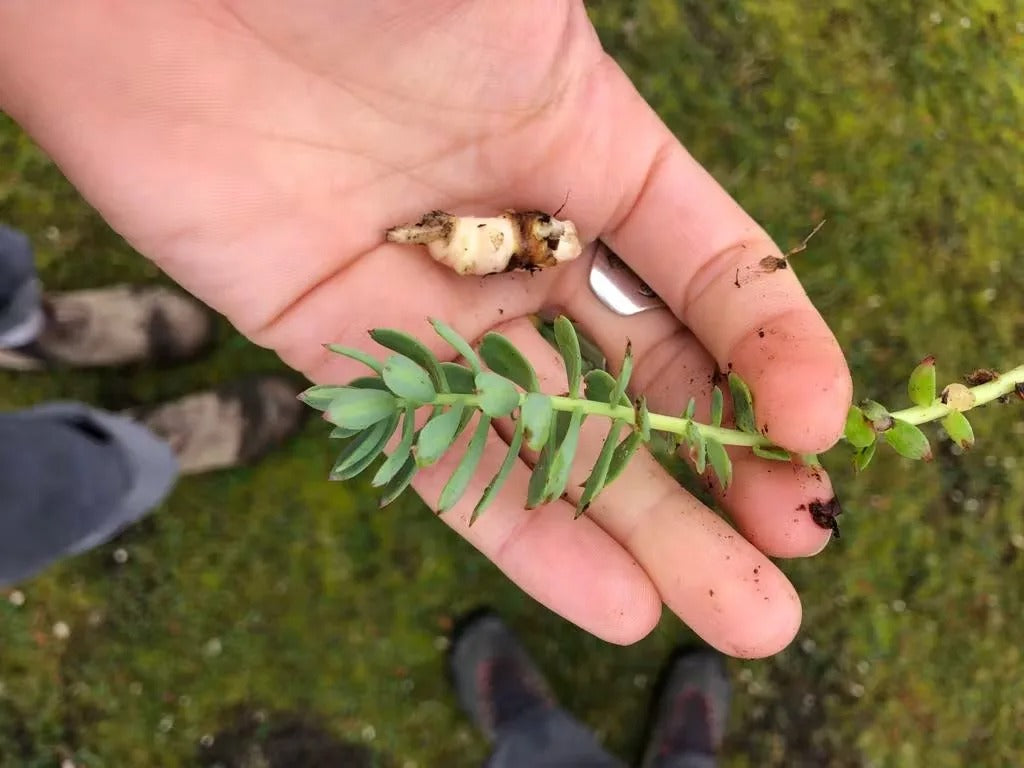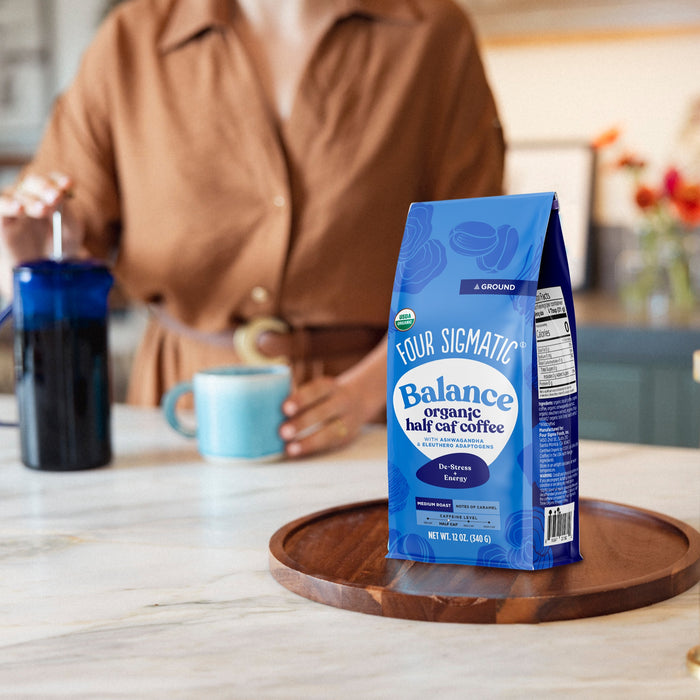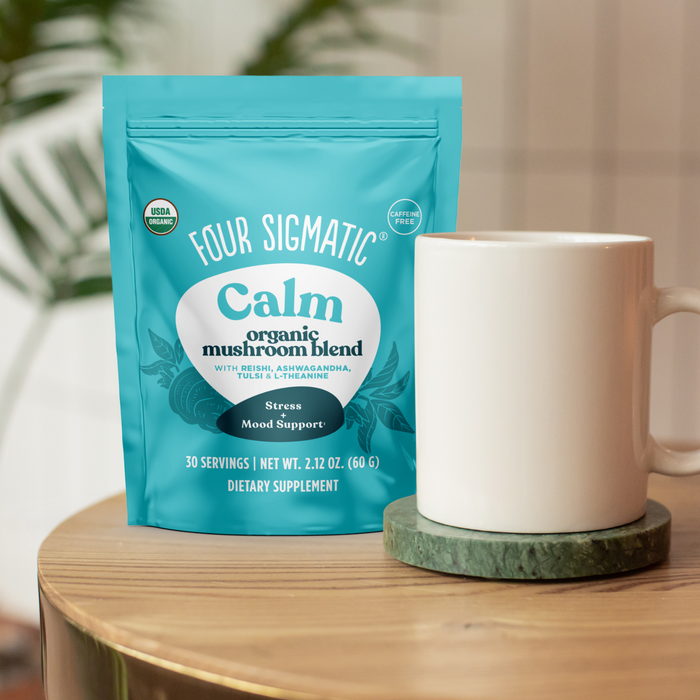Rhodiola benefits: the what & why
The quick scan
Rhodiola is an adaptogenic root that grows wild in some of the most extreme climates on Earth like Iceland, Mongolia, and Alaska. Like many adaptogens, it is exposed to stressors in the environment that make it resilient to things like wind, storms, and temperature fluctuations. The role Rhodiola plays in nature mimics the benefits it offers in humans. It helps offer us resilience to stress, strengthens the immune system, supports endurance, and even has benefits to the brain. It was traditionally used by Vikings to help them endure long, cold Scandinavian winters. Today, you can use the root as a powerful ally to help get you through challenging times, specifically when external stressors are weighing you down.
The quick and dirty
At Four Sigmatic, we use organic wildcrafted Rhodiola root, meaning it is sustainably sourced from its native land, to offer the most potent adaptogenic benefits possible. You can find it in many of our brain, focus and think products. Its benefits range beyond the brain, however, and also support endurance and stress. This powerful little root can be thought of as your ally against external stressors, giving you the gentle oomph for brain and body that you need to gracefully power through even the most stress-induced days.
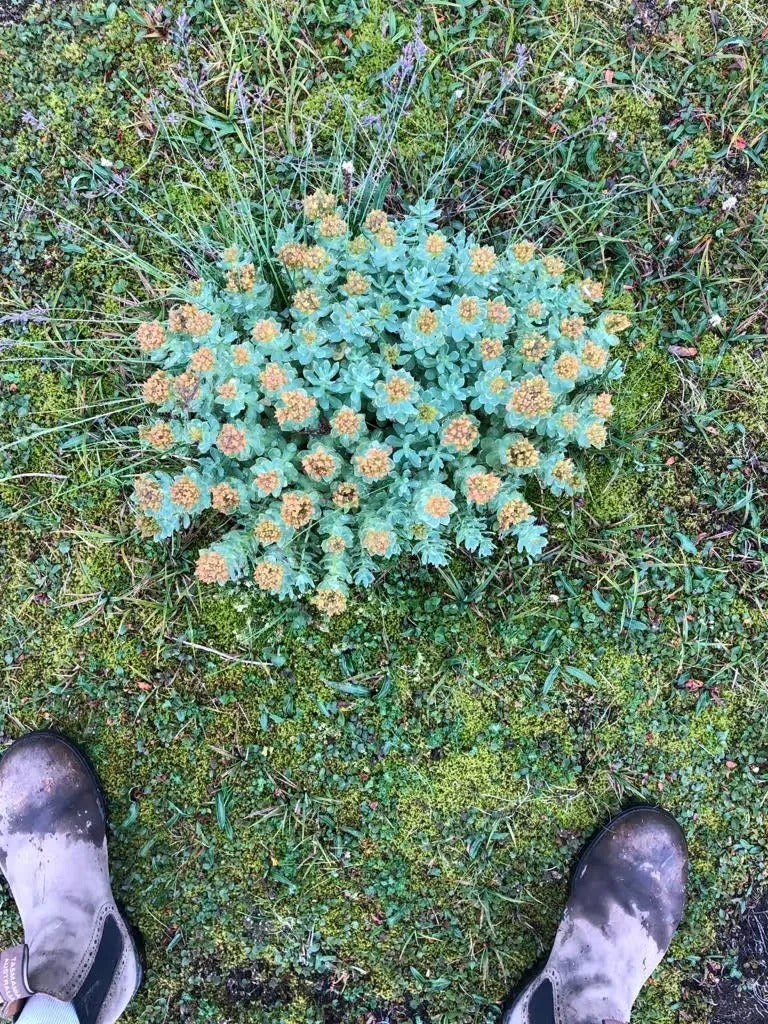
Traditional uses paved the way
A little more juicy
Ready for more? In this section, we’ll go over:
-
Traditional uses
-
Proper sourcing for highest quality
-
Effective dose
-
Best time to take
-
Four Sigmatic products with Rhodiola
-
How to maximize benefits by pairing with the right ingredients
Rhodiola rosea is also called the Viking Root or Rose Root. Two of our favorite legends follow. Vikings were said to chew on the root during long, cold winters to help with endurance and stamina. Rose Root refers in part to its root having the scent of a rose, and also to its tale of being offered as a bouquet to newlyweds as a symbol of luck. It represented an offering and strength and endurance, to make it through the many inevitable obstacles that come from married life. Like many adaptogens, it grows in extreme environmental conditions. Rhodiola is a succulent, in the Stone Crop (Crassulaceae) family. Yet despite its size and unassuming look, it endures wild stressors. This past summer in Iceland, I found Rhodiola in the wild for the first time. I spent weeks scanning the countryside, looking between rock faces on big hikes, and scouring the landscapes for the small yellow flowers distinctive to the plant. It wasn’t until about 10 days of exploring many diverse areas of the island that I spotted it. Several miles into a hike, I stopped to look at a waterfall. The hillside sloping down towards the water was primarily rocks, hardened mud, and a few small plants just starting to take root. Far from arms reach, on the vertical cliff of this hillside, hiding behind a rock, was Rhodiola. At this moment, I understood the veracity of this plant. Of all the places to be growing, it positioned itself where almost nothing else was. It stood silent and radiant, holding the energy of patience, strength and endurance.

In a world where stressors are unavoidable, inevitable, and almost constant, there has never been a better time to employ the benefits of Rhodiola. It may just offer you the extra bit of resilience needed to endure things you didn’t think you could. And as a bonus, its immune and brain supporting benefits make it a go-to herbal remedy to power you through your busiest days. Rhodiola is sold in many forms in the marketplace—tincture, powder, capsule, and very occasionally, the dried root. Choose the form that makes most sense for your lifestyle. Remember that the most important part of bringing an adaptogen on board is to ensure you actually use it. I would always tell my clients, “the medicine doesn’t work if you don’t take it.” Rather than suggesting the most perfect regimen for you, I want you to instead take a moment to assess the things you already do daily. Morning cup of coffee, mid-day smoothie, a cup of tea? At Four Sigmatic, we aim to make it as easy (and delicious) as possible to make a daily adaptogenic habit as seamless as possible. The rule of thumb with Rhodiola is to start small. You can always build up from there, but a little often goes a long way.
An effective dose of Rhodiola extract ranges between 100-600 mg/day. I’d suggest starting with 100-200 mg/day and then if you desire more effects, increase the dosage by ~100 mg every 5-7 days. The ceiling dose where benefits begin to plateau is around 600mg/day. On its own, Rhodiola can be quite dry and astringent. You can always use a corrigent (another herb or ingredient to help with digestibility and use), like licorice root, cacao, or another moist, sweet substance of your choice. We love combining Rhodiola with organic Lion’s Mane mushroom extract when using it for its brain supporting benefits. The two have an incredible synergistic effect that helps with focus, creativity, and bringing you into a productive flow state.
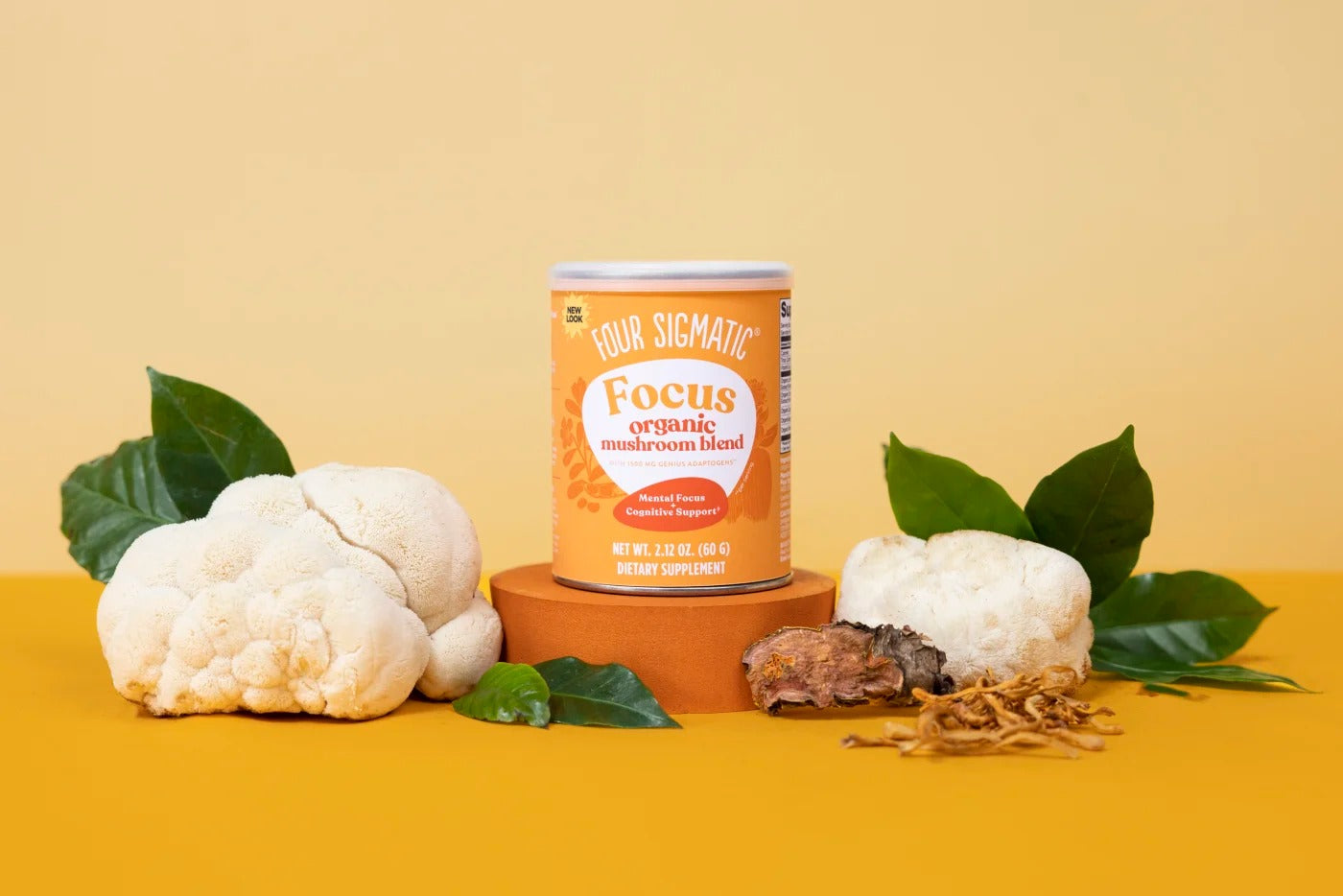
Not sure when to take Rhodiola?
Consider adding it into your morning routine—a scoop of Focus Blend or packet of Lion’s Mane Elixir on its own or in your cup of coffee—to support the stress of the day and give your brain a little extra boost of focus. You can also tap into the ancient routine and use Rhodiola through the cold, winter months to support your immune system in vulnerable times. It’s also the perfect addition to a sweet treat, like raw chocolate or a smoothie. Consider using it in the morning or afternoon to keep your brain and body at the top of their game.We only use extracted, organic Rhodiola root. Our best selling product with Rhodiola is Instant Mushroom Coffee with Lion’s Mane. We also have a caffeine-free Mushroom Elixir Mix with Lion’s Mane which is a formula that combines Rhodiola extract, Lion’s Mane mushroom fruiting body extract, rose hips (for all the vitamin C) and mint. This can be used on its own, or added into coffee, tea, or smoothies. You can also find Rhodiola in our Focus Blend and Adaptogen Focus with Lion’s Mane!
Rhodiola revealed: How it actually works
Super nerd alert Oh, you’re still here? I love people like you. Welcome to the deeper, juiciest part of this article. Wondering how Rhodiola supports the brain, endurance and stress? Let’s get into it. Two of the most studied constituents in Rhodiola root are rosavins and salidrosides. These act as neuroprotectants, literally protecting the brain from things like oxidative stress and damage. Research shows they inhibit the enzyme that breaks down neurotransmitters like dopamine and serotonin. This means that these neurotransmitters, which regulate things like emotions and mood, are around in the brain for a longer period of time. Many clinical trials have been done on the role of Rhodiola in depression, memory and learning. It has been found to contribute to positive mental and cognitive activity, giving it a place in the official Russian pharmacopoeia. When it comes to endurance, Rhodiola works as a cardioprotectant, meaning it protects the heart. Additionally, it reduces the time it takes to fatigue, as has been seen in the Viking legend as well as more modern research on its effect in athletes. Last but certainly not least are Rhodiola’s effects on stress. Rather than specific constituents being targeted for its stress-supportive benefits, like many whole plants and fungi found in nature, the complex range of phytochemicals in the root work synergistically to bring about a greater sense of resilience when stressors occur. It enables us to stay near a baseline state of homeostasis, rather than get pulled into the peaks and valleys of stress induced tolls on the body. Overall, it’s a tonic that can be taken daily to support some of the foundational complaints in today’s world- brain, endurance, stress and the immune system. Since you’ve read this far, I know you are ready to experiencethe practically magical benefits of organic, Rhodiola extract. Cheers to a stress-free day, powdered by the ancient root that has led thousands of people to be more productive, strong, and resilient.
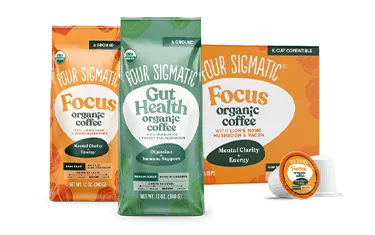 Coffees
Coffees
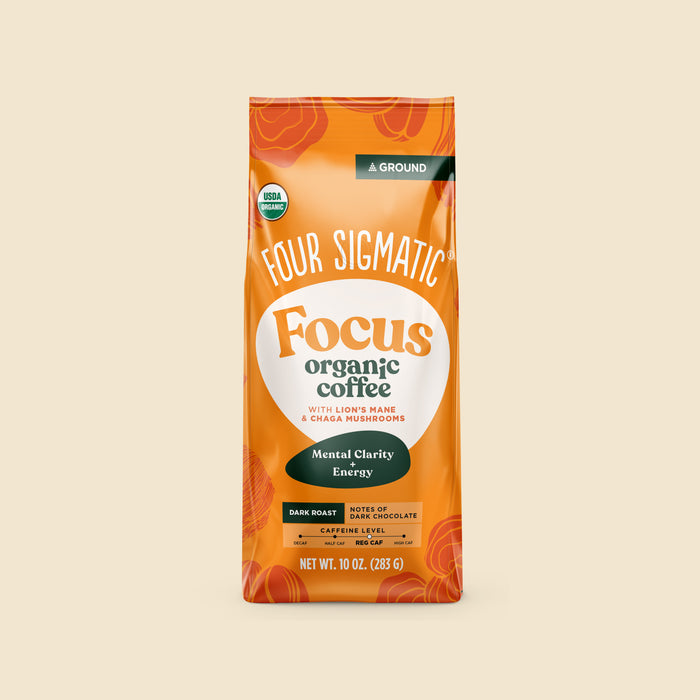
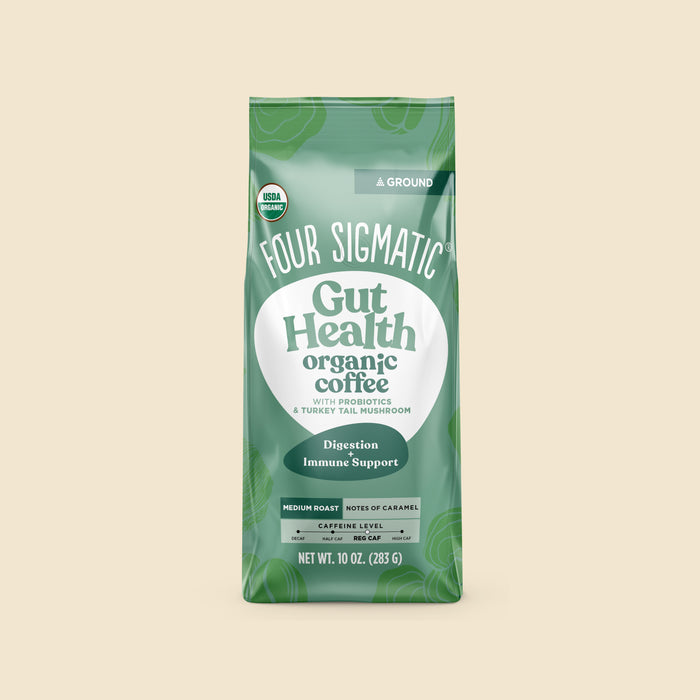
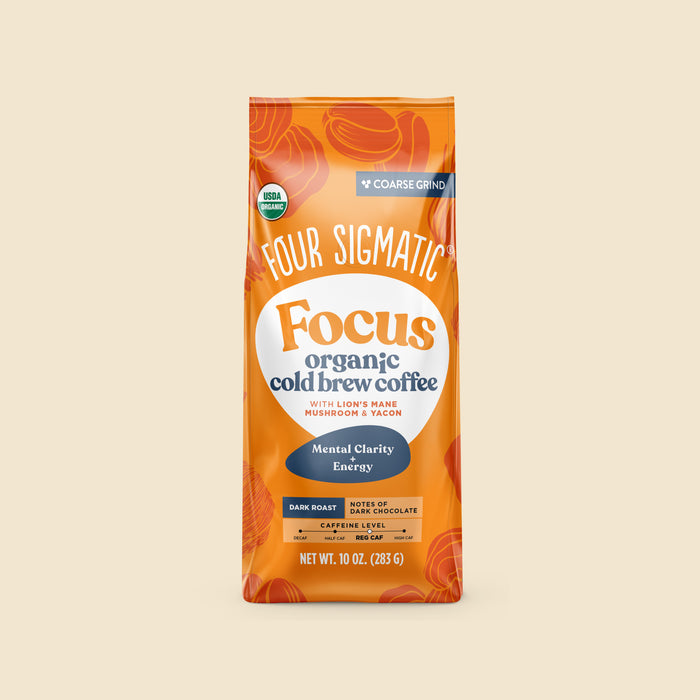
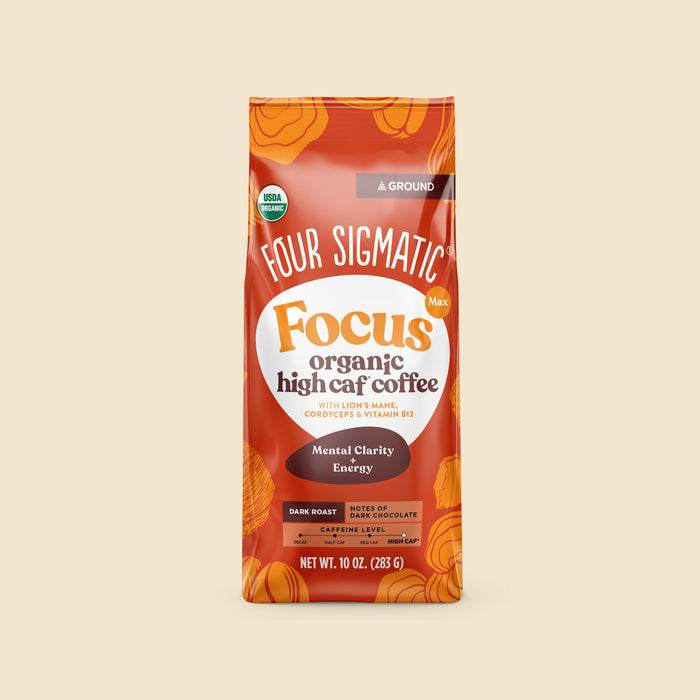
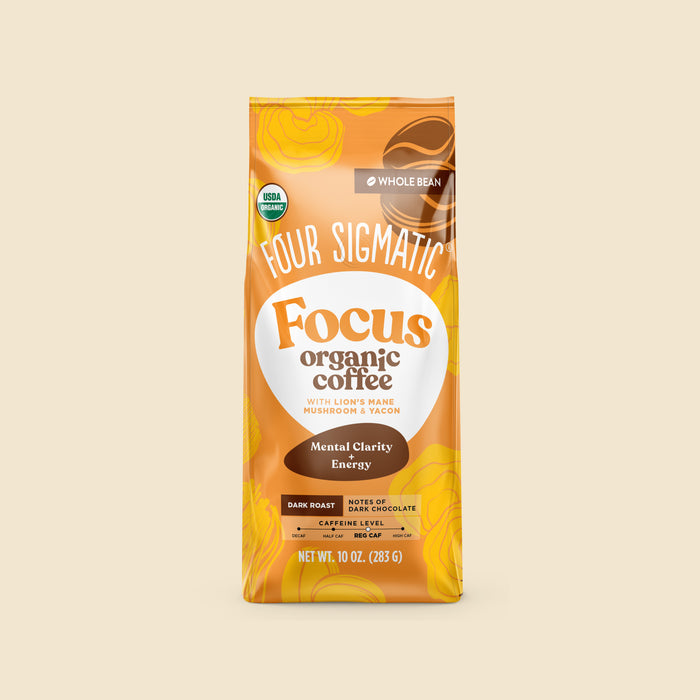
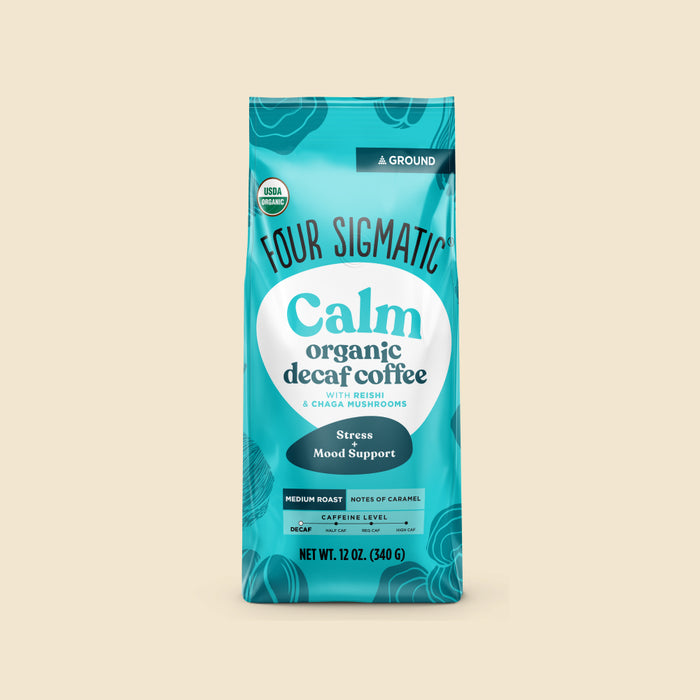
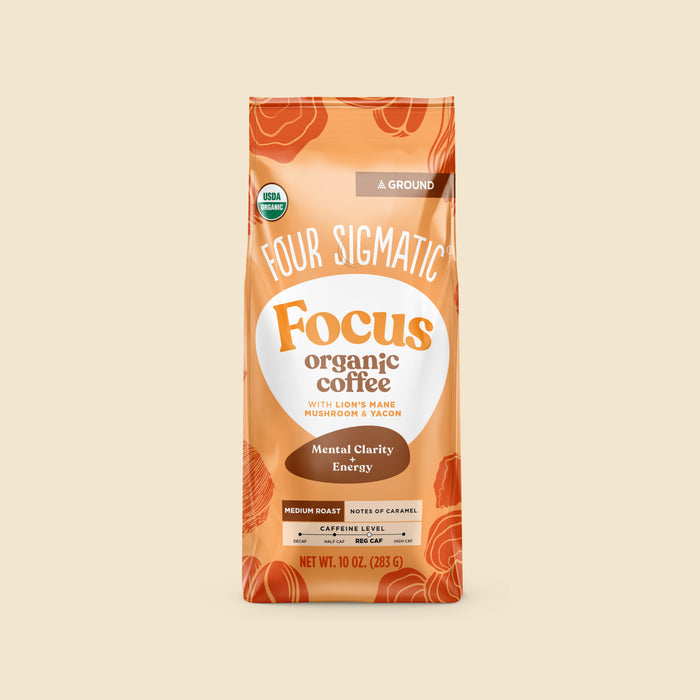
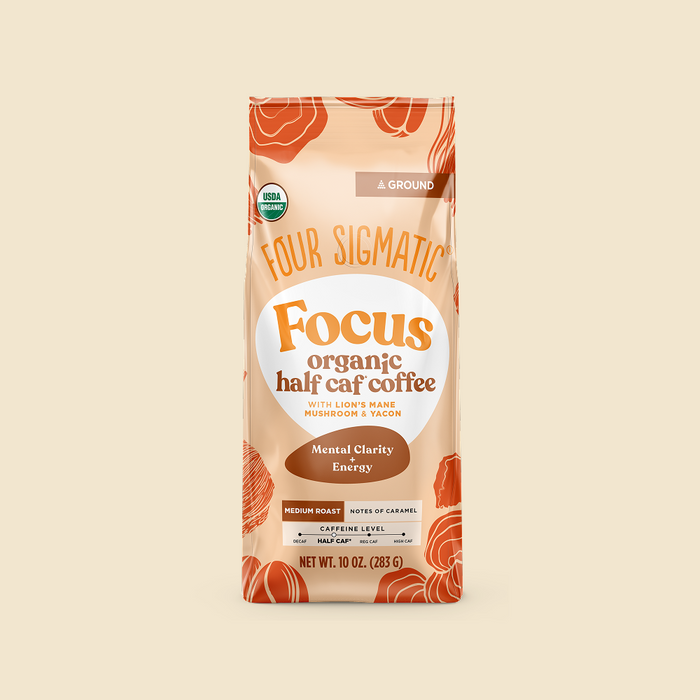


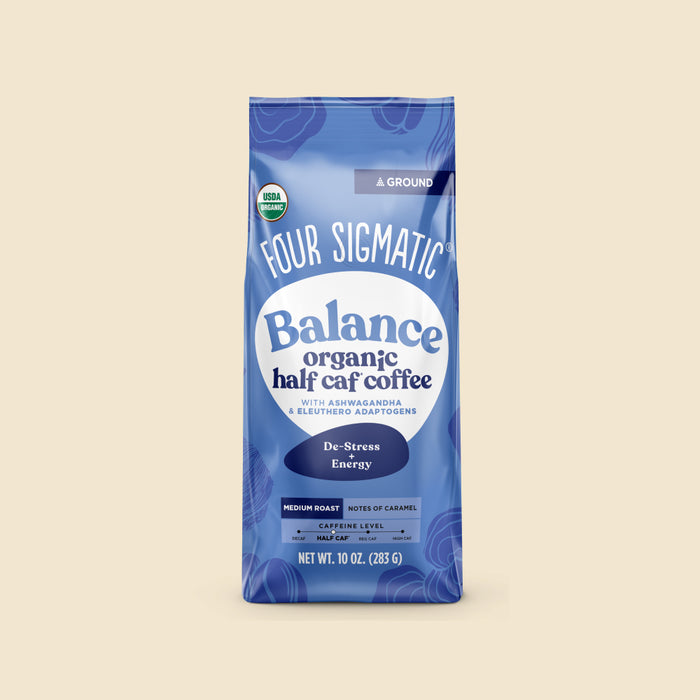
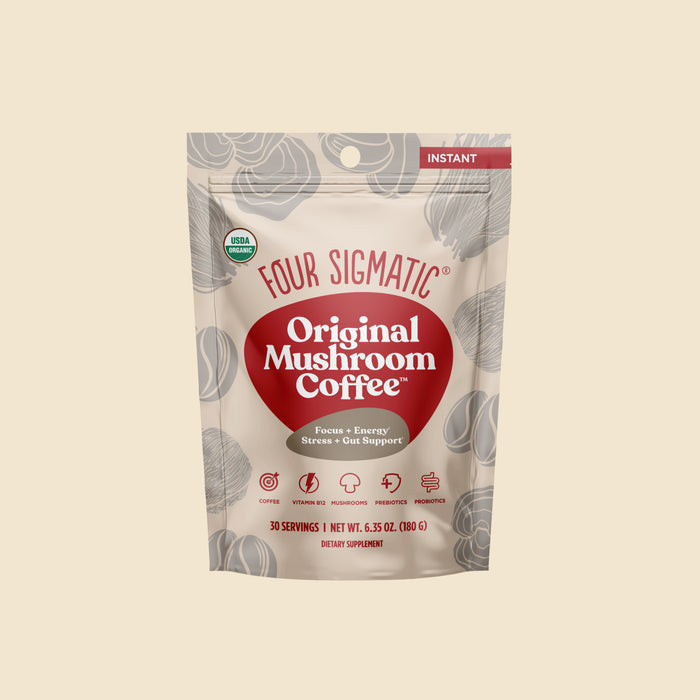
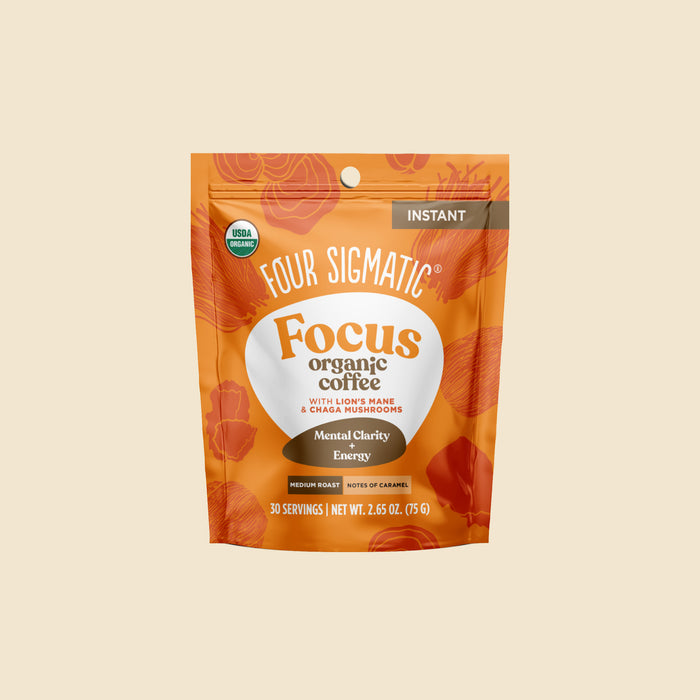
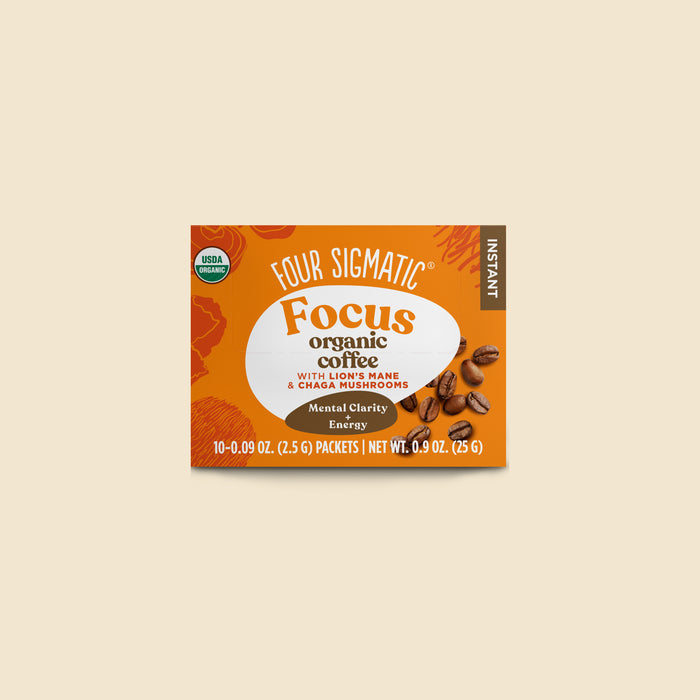
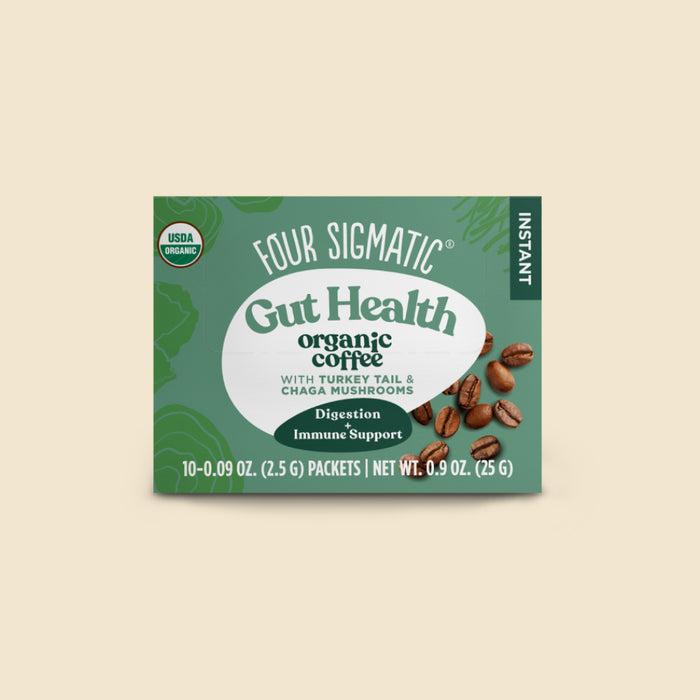
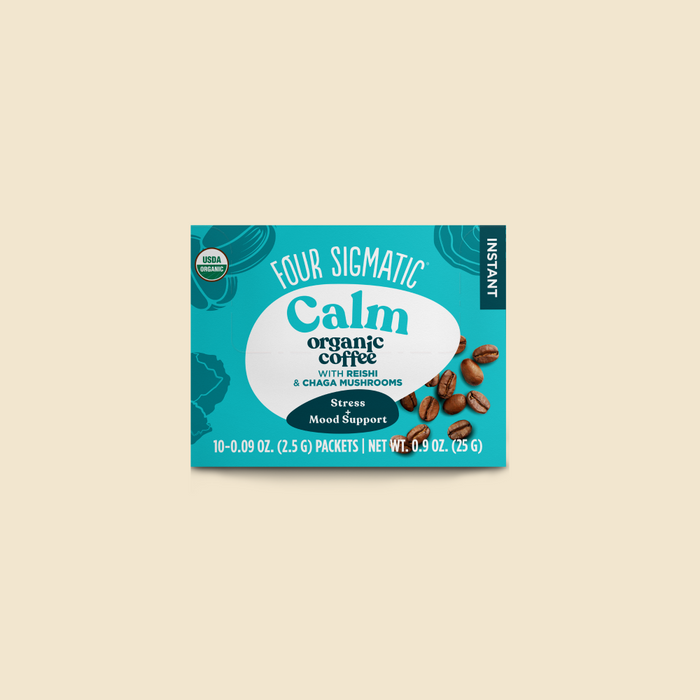
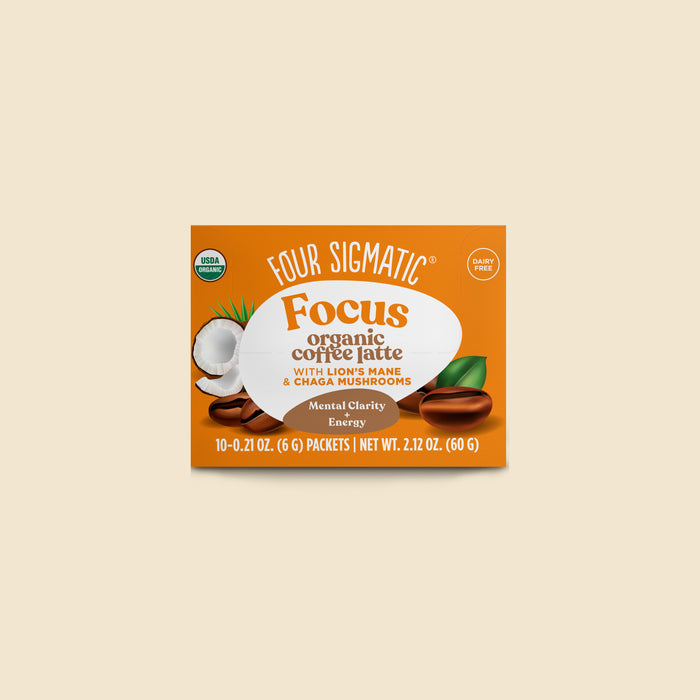

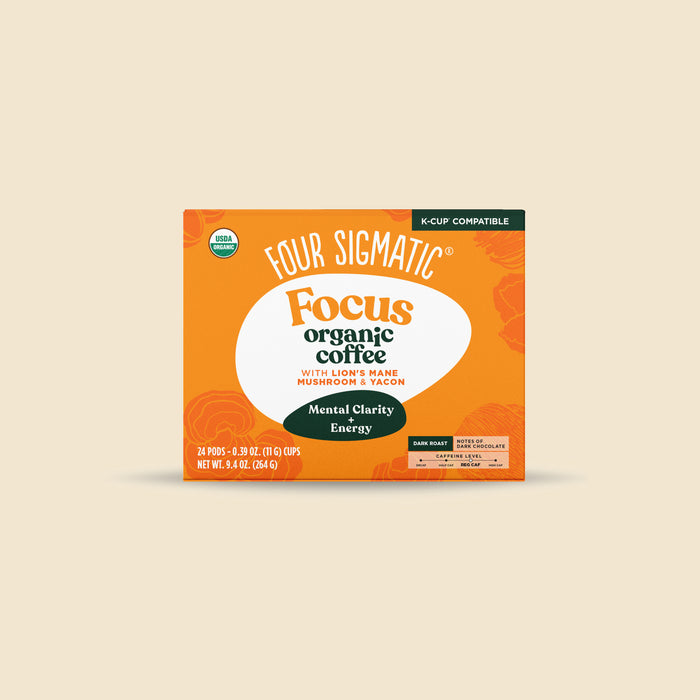
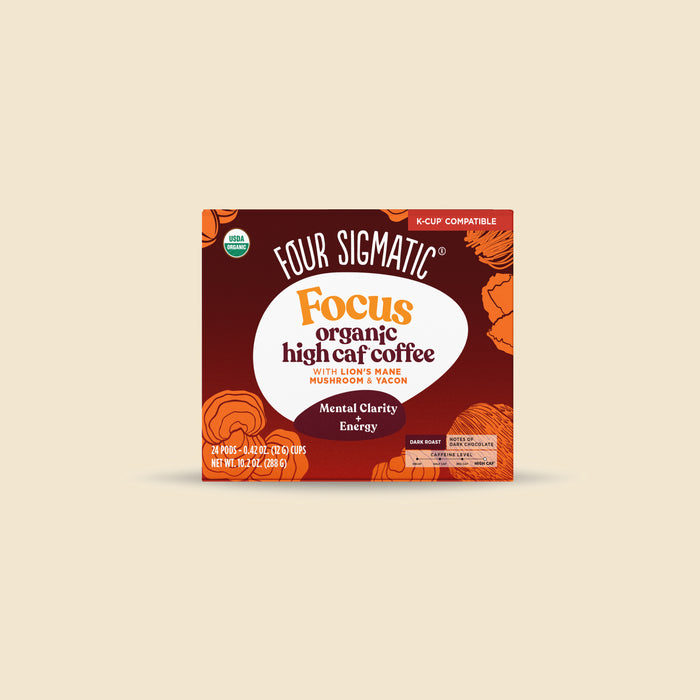
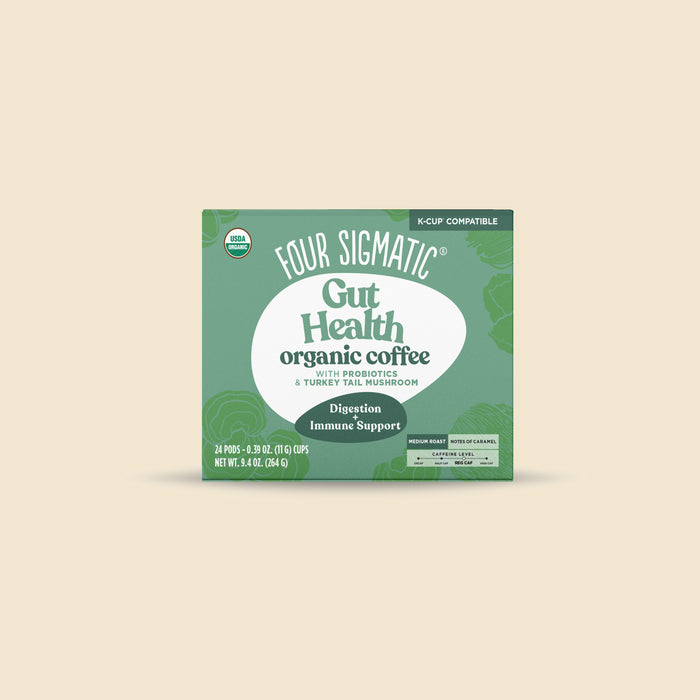
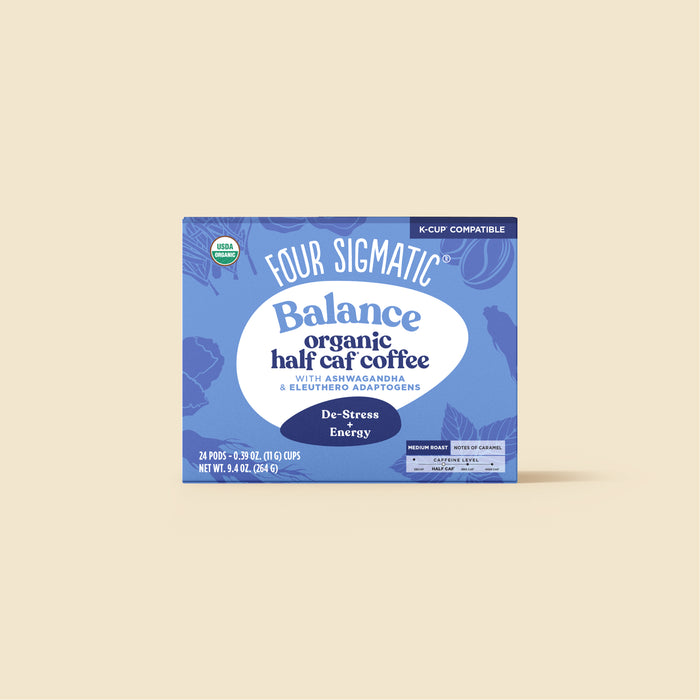
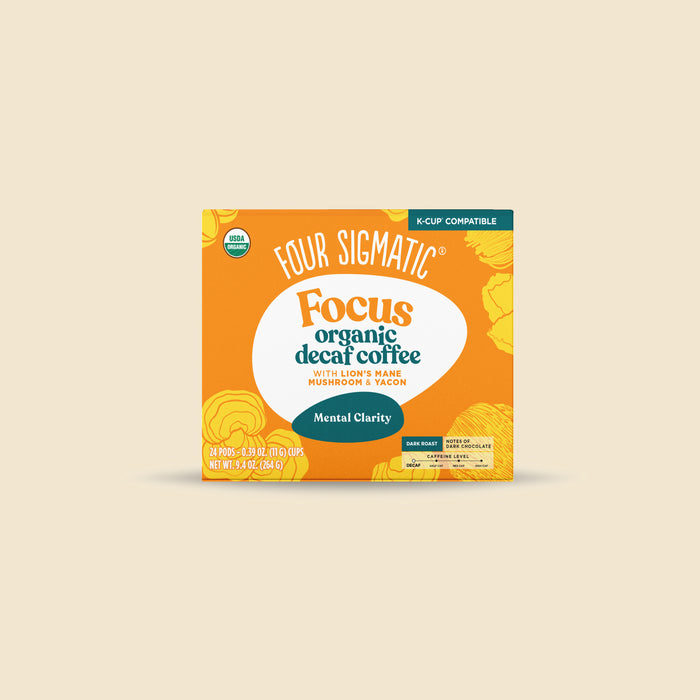
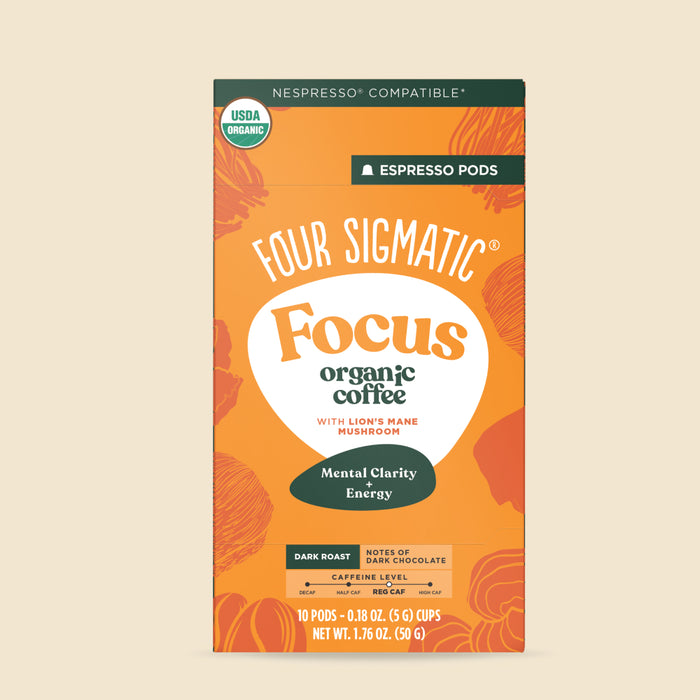
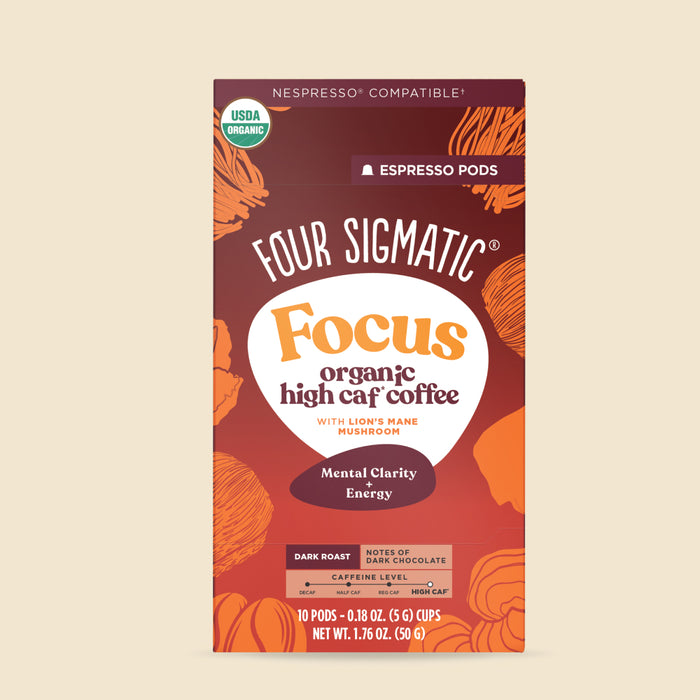
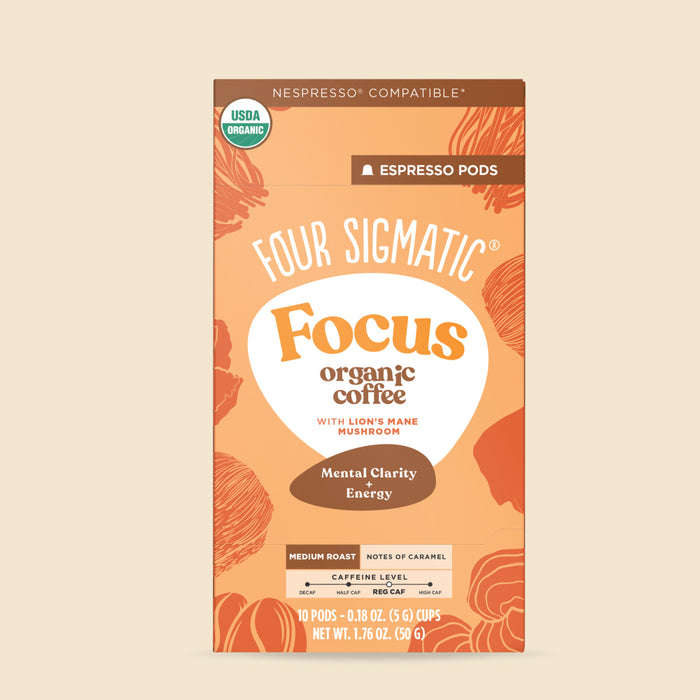
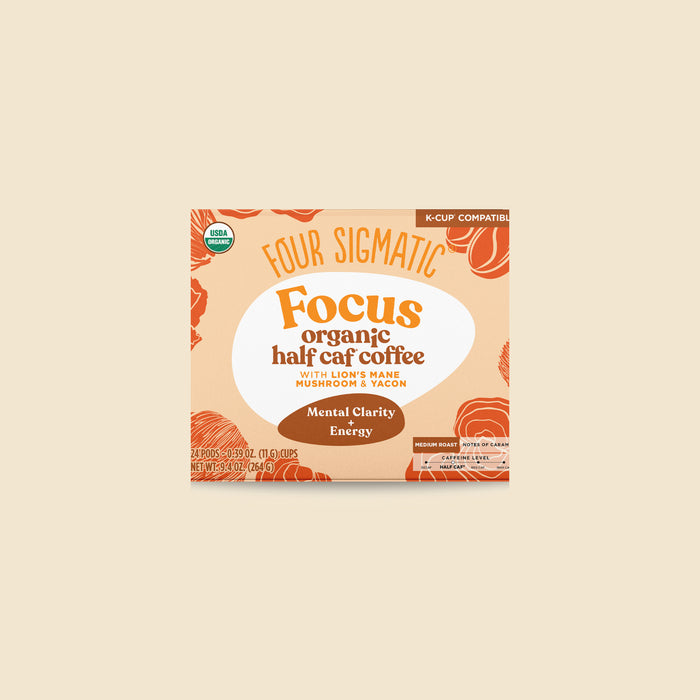
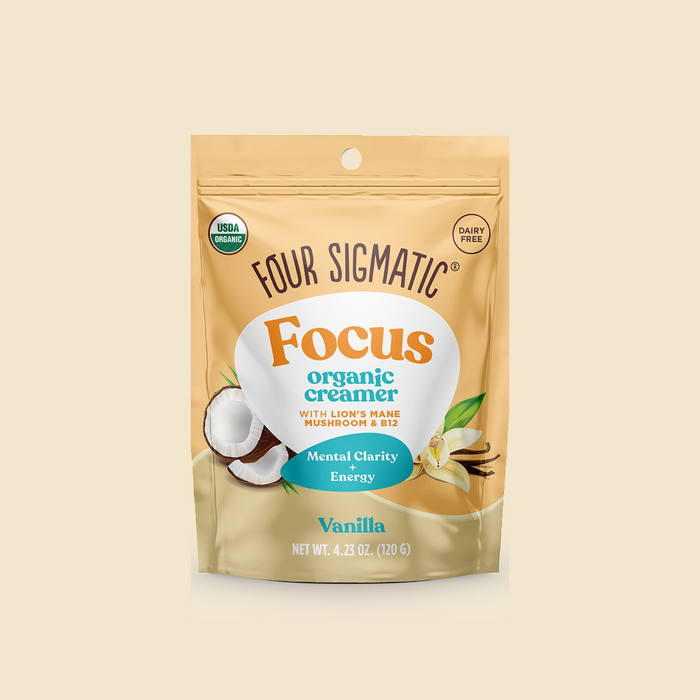
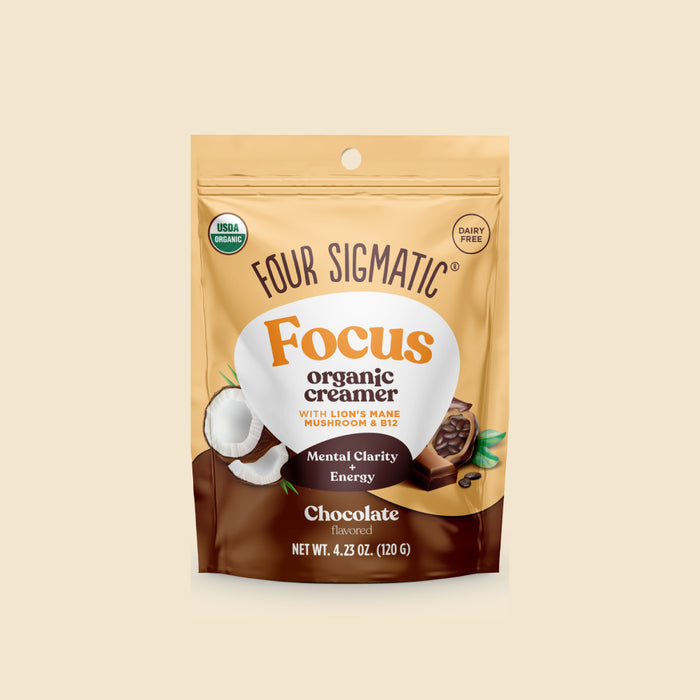
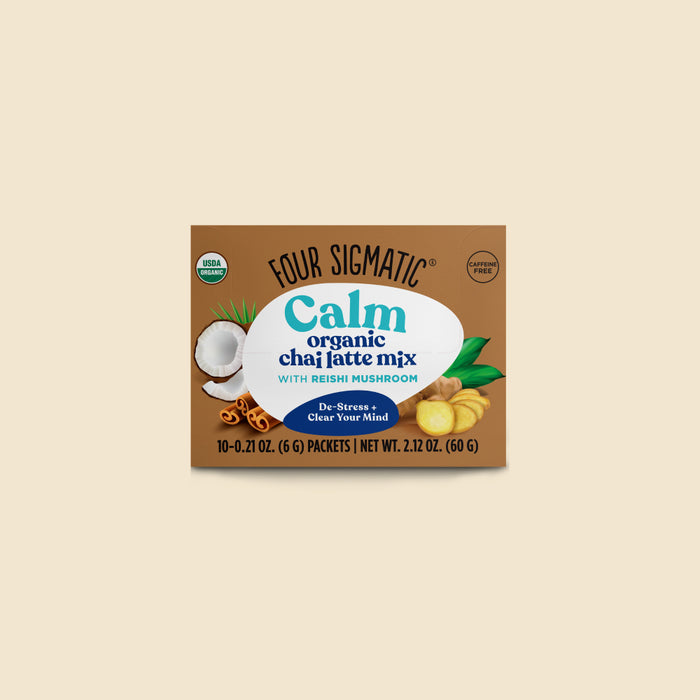
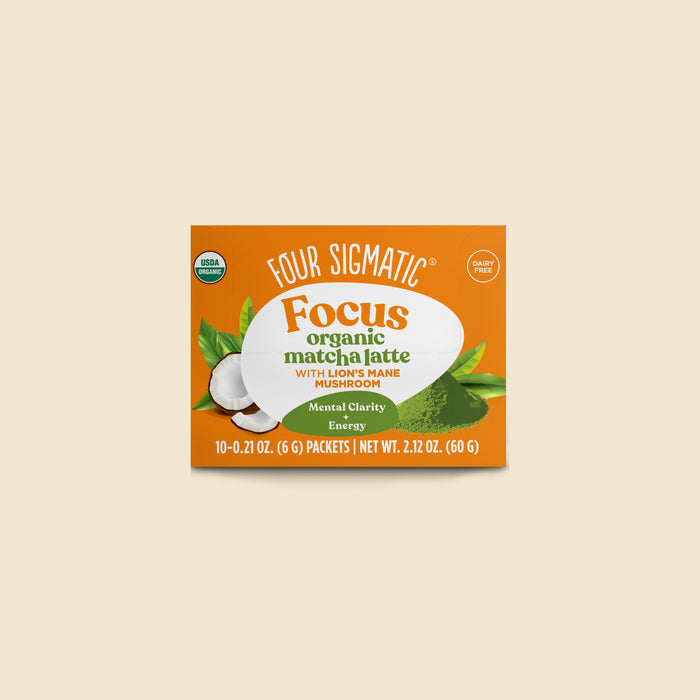
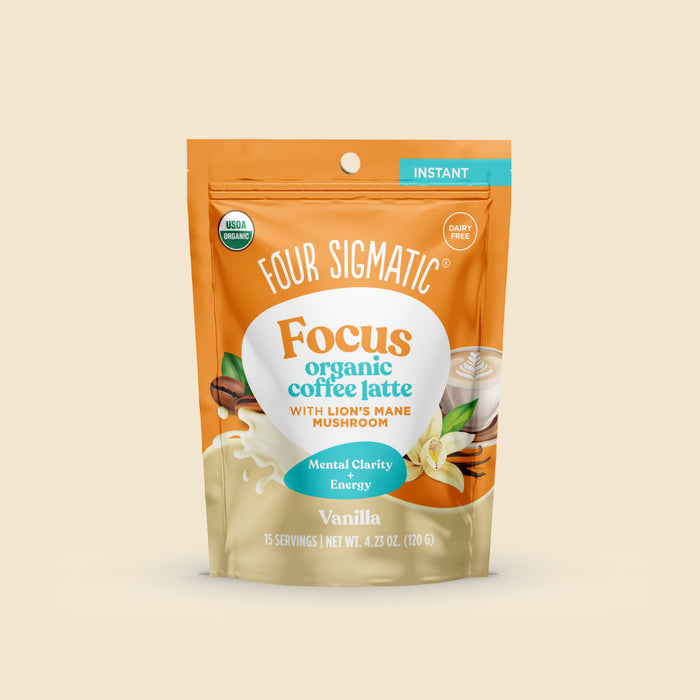
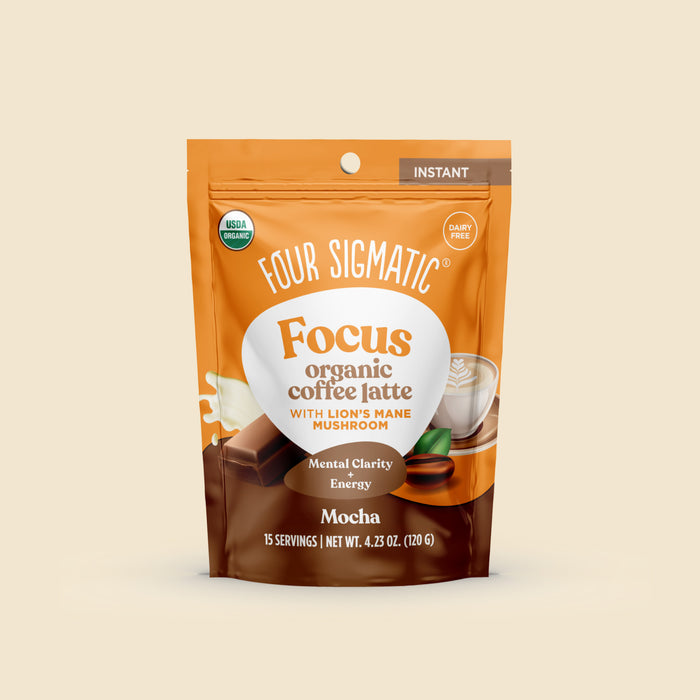
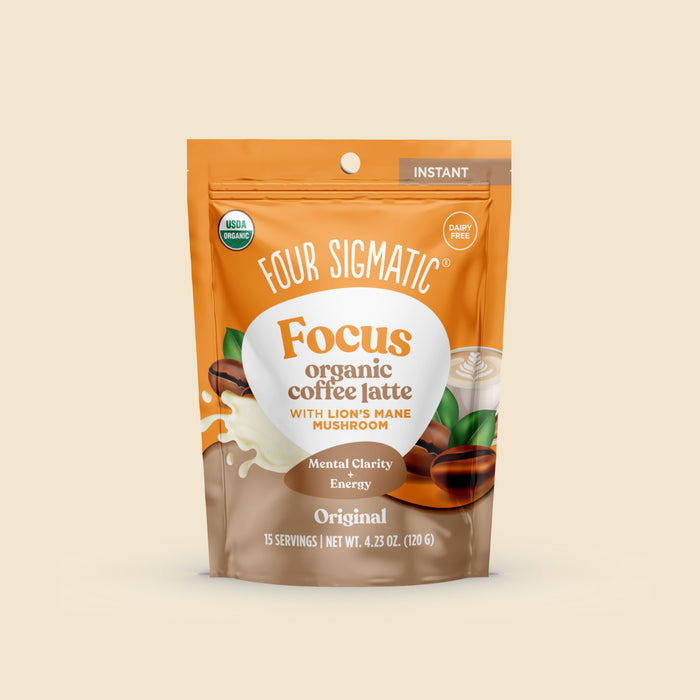
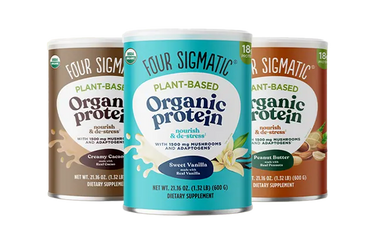 Proteins
Proteins
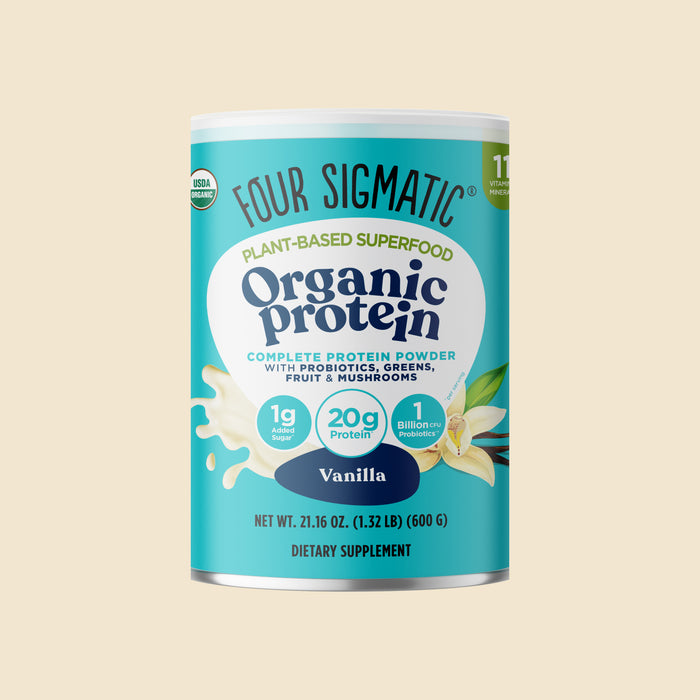
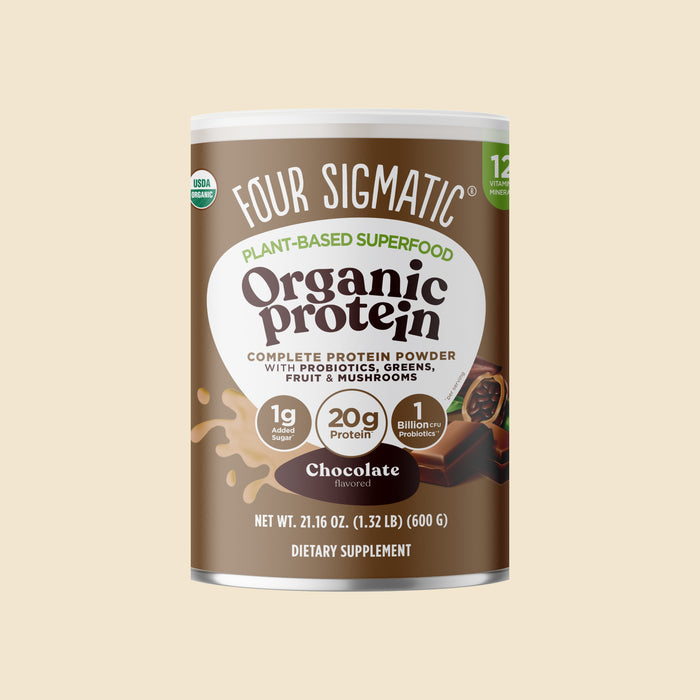
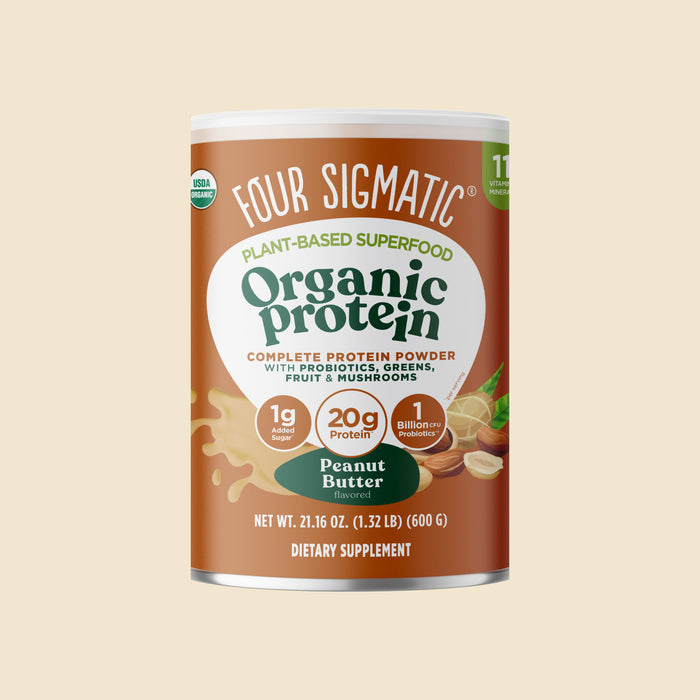
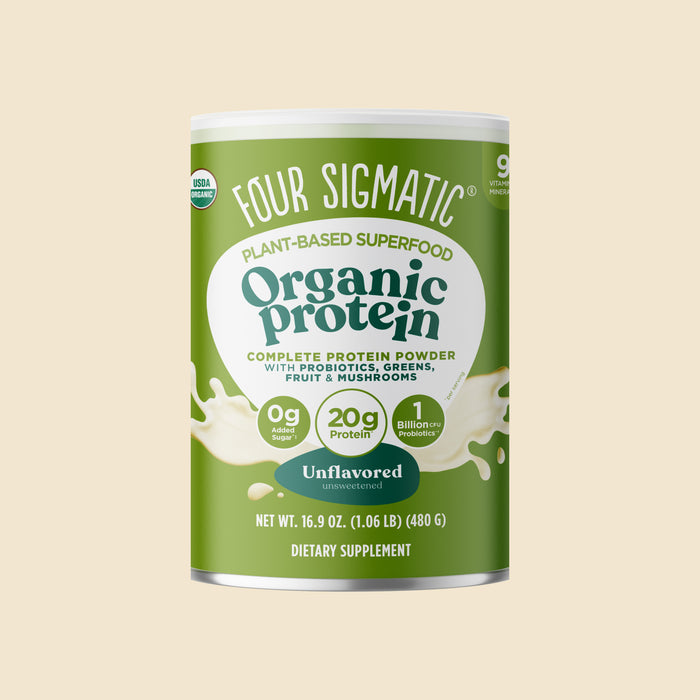
 Hot Cocoas
Hot Cocoas
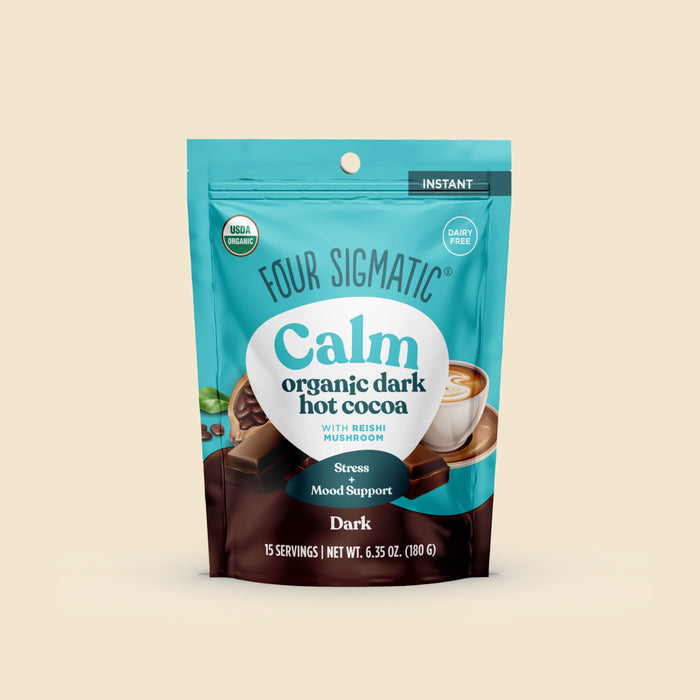
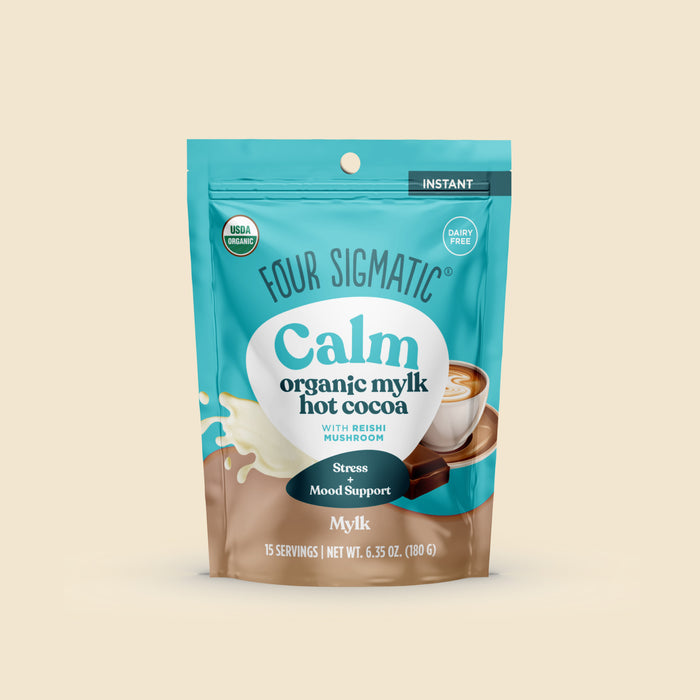
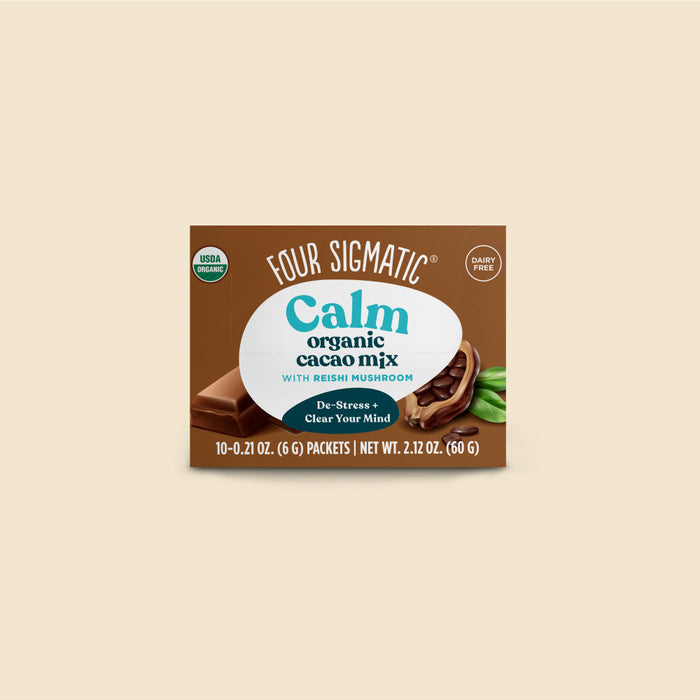
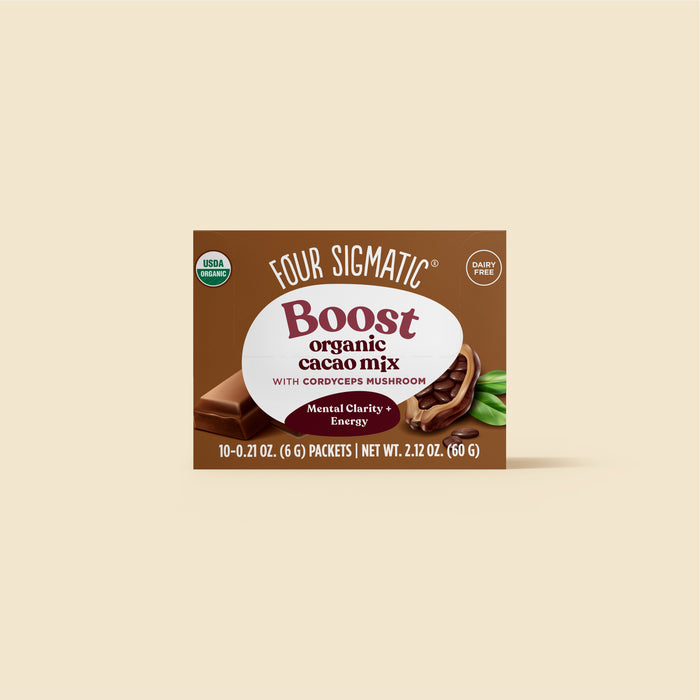
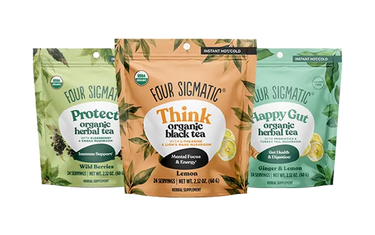 Instant Teas
Instant Teas
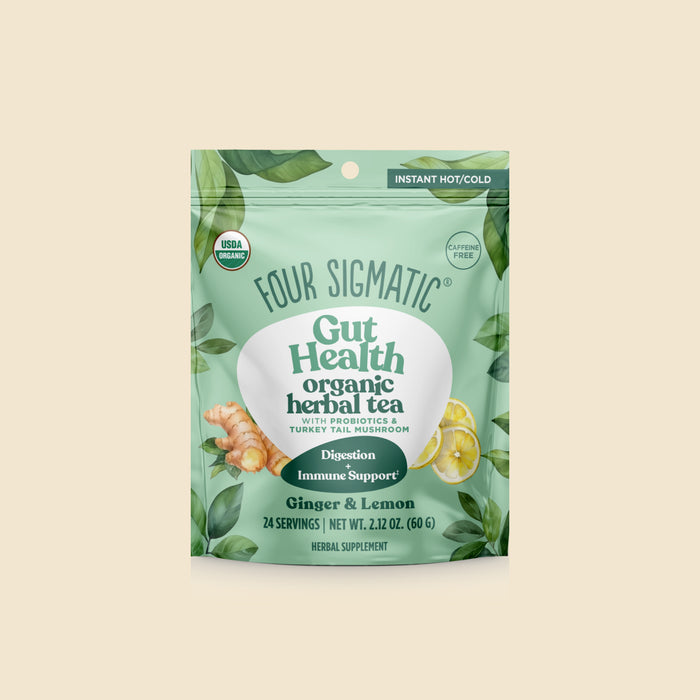
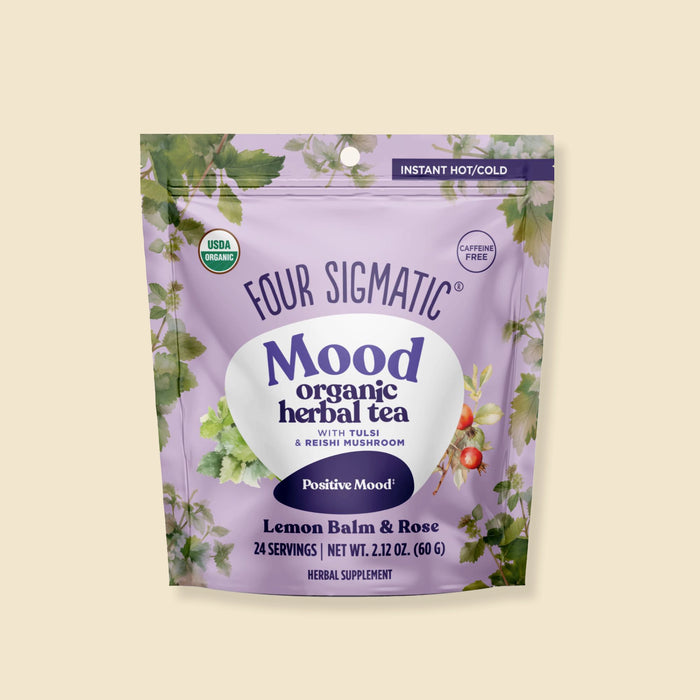
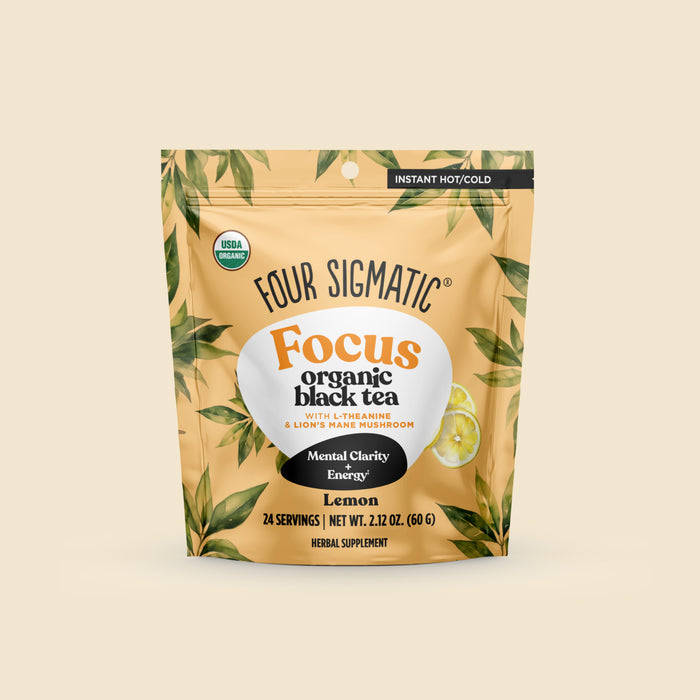
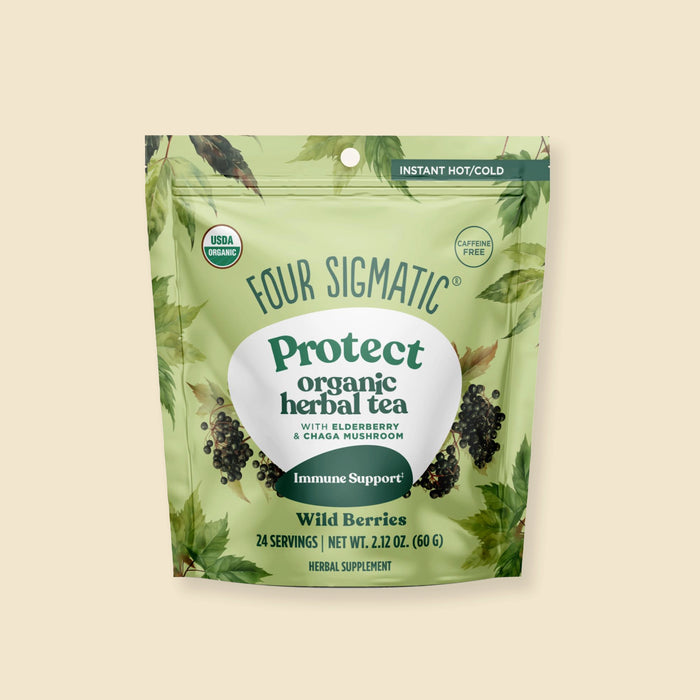
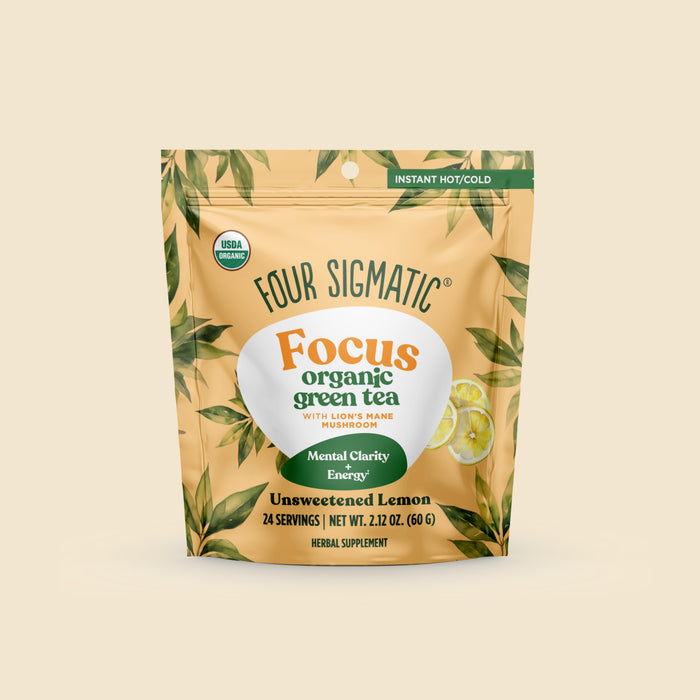
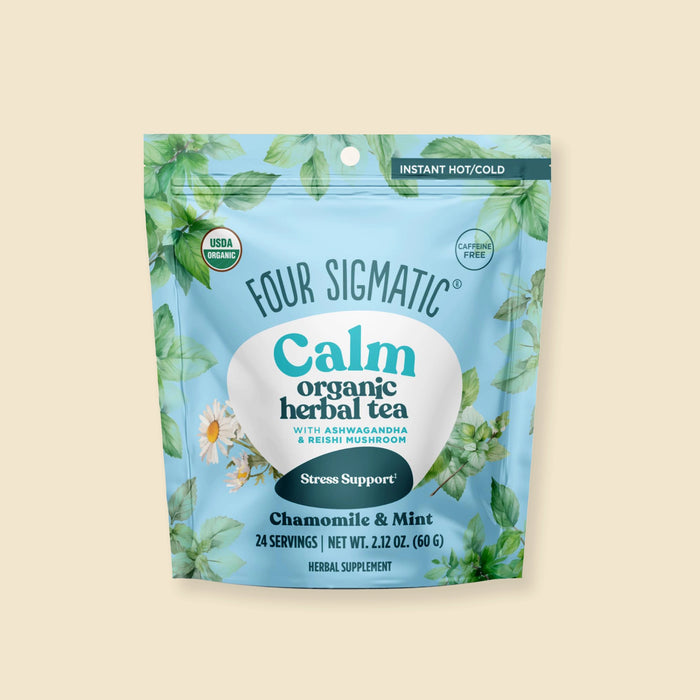
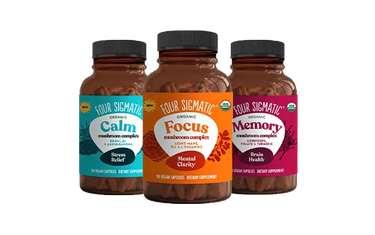 Supplements
Supplements
